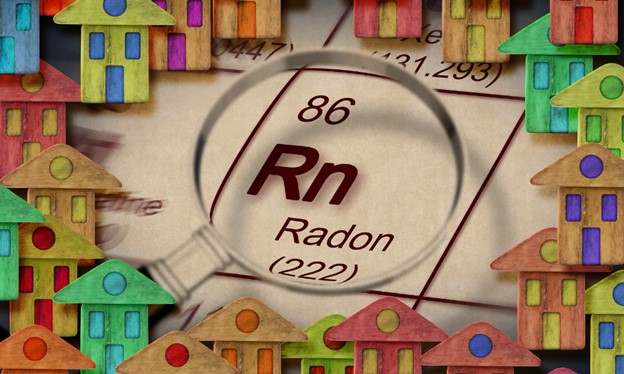The Most Common Dangerous Home Issues
 The most important reason to check for dangerous home issues is to ensure the safety of you and your family. Leaving home issues unchecked can cause significant damage to your property and if you’re planning to sell your home in the future, it’s important to ensure that it’s free of dangerous issues that could affect its value.
The most important reason to check for dangerous home issues is to ensure the safety of you and your family. Leaving home issues unchecked can cause significant damage to your property and if you’re planning to sell your home in the future, it’s important to ensure that it’s free of dangerous issues that could affect its value.
Here’s What to Look For:
Electrical problems: Faulty electrical systems, exposed wires, and outdated circuits can pose a serious risk of electrical fires, electrical shock, and electrocution.
Mold: Mold is a type of fungus that grows in damp, warm environments and can cause a variety of health problems, particularly for people with allergies, asthma, or weakened immune systems.
Carbon Monoxide Poisoning: Carbon monoxide (CO) poisoning is a potentially deadly condition caused by inhaling carbon monoxide gas, which is colorless, odorless, and tasteless. It can be produced by gas-powered appliances, such as furnaces, water heaters, and stoves, as well as by cars and generators.
Gas Leaks: Natural gas leaks can cause carbon monoxide poisoning, fire, and explosions. If you smell gas, you should evacuate your home immediately and contact your gas company.
Lead Poisoning: Lead poisoning is a serious health issue caused by exposure to lead, a toxic metal that can cause damage to the brain, kidneys, and other organs. Children under the age of 6 are particularly vulnerable to lead poisoning because their developing bodies can absorb more lead than adults.
Asbestos: Older homes may contain asbestos, which can cause lung cancer and mesothelioma. Asbestos should be removed by a professional.
Drowning: Drowning is a leading cause of accidental death, particularly among children and young adults. Drowning can happen in any body of water, such as pools, lakes, oceans, and even bathtubs. To prevent drowning, it’s important to always supervise children around water, never leave them unattended, and teach them basic water safety skills such as swimming and floating. Additionally, homeowners with pools should install fencing around their pools and use safety covers when the pool is not in use.
Radon: Radon is a naturally occurring gas that can seep into homes and cause lung cancer. A radon test can determine if your home has unsafe levels of radon.
Reducing Household Dangers
Reducing household dangers is important for maintaining a safe and healthy living environment. Here are some tips to help reduce potential dangers in your home:
- Install smoke detectors and carbon monoxide detectors on each level of your home and outside each sleeping area. Test them regularly and replace the batteries as needed.
- Keep fire extinguishers in accessible areas of your home and make sure everyone knows how to use them.
- Keep all electrical cords in good condition and avoid overloading outlets or extension cords.
- Regularly maintain and clean your home’s heating, ventilation, and air conditioning (HVAC) systems.
- Keep your home free of clutter, especially on stairs and in walkways, to reduce the risk of trips and falls.
- Ensure that your home has adequate lighting, especially in areas like stairways and entrances.
- Regularly inspect and maintain your home’s plumbing systems to prevent water damage and leaks.
- Store hazardous materials, such as cleaning products and chemicals, in a secure location away from children and pets.
- Test your home for radon and consider installing a radon mitigation system if necessary.
- Regularly inspect your home’s roof, foundation, and siding for damage and make repairs as needed.
It is important for homeowners to regularly maintain their homes and address any potential issues promptly to minimize the risk of harm. By following these tips, you can help to reduce potential dangers in your home and promote a safe and healthy living environment for you and your family.
 Many millennials find home buying overwhelming due to a variety of factors such as high housing prices, student loan debt, competition from investors, economic uncertainty, and a lack of knowledge about the home-buying process. These challenges can make it difficult for millennials to save enough money for a down payment, find a suitable property, and navigate the complex process of buying a home.
Many millennials find home buying overwhelming due to a variety of factors such as high housing prices, student loan debt, competition from investors, economic uncertainty, and a lack of knowledge about the home-buying process. These challenges can make it difficult for millennials to save enough money for a down payment, find a suitable property, and navigate the complex process of buying a home.